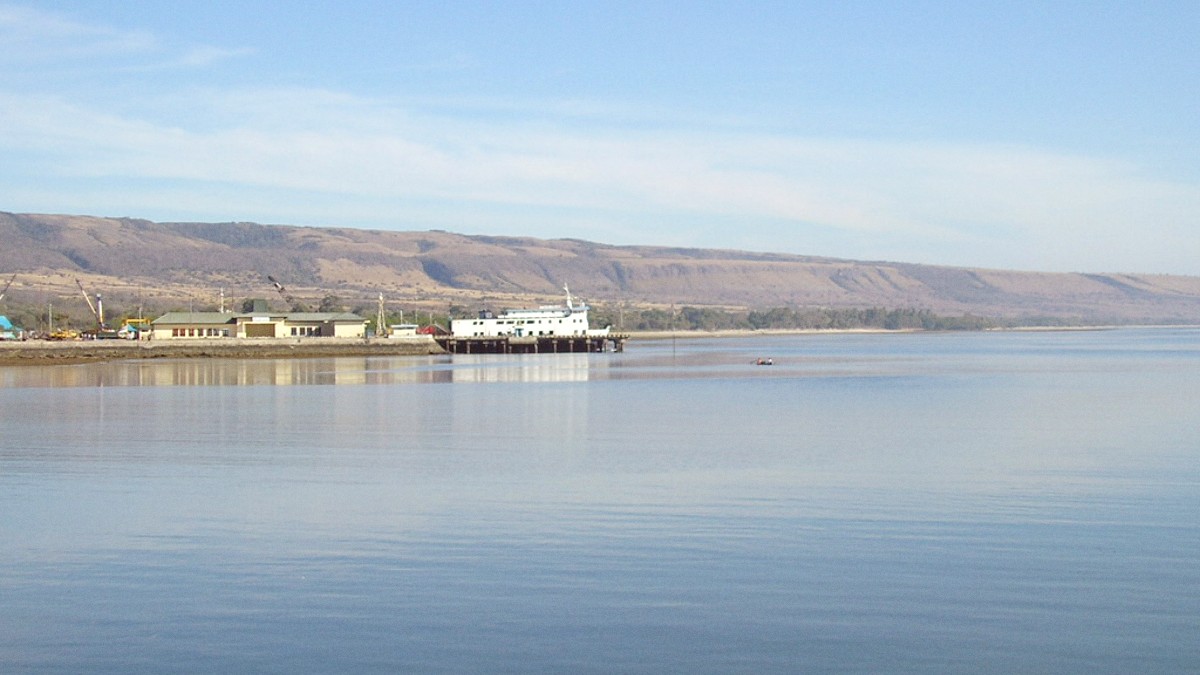
Nusa Tenggara, Indonesia
Sumba's varied landscapes provide excellent opportunities for outdoor enthusiasts seeking natural exploration and activity.
Short walks within traditional villages (Praijing, Ratenggaro) are generally flat. Strolls on expansive beaches like Walakiri also provide gentle exercise.
Treks to Lapopu Waterfall involve a well-maintained path. Hikes up Wairinding Hill for panoramic views offer moderate, gentle slopes.
Treks to more remote waterfalls like Tanggedu or Waimarang require greater effort, navigating uneven terrain and steep descents. Appropriate footwear and water are important.
Always go with a local guide for treks to remote waterfalls or surf spots to ensure safety and navigation. Road conditions can change rapidly with weather, especially during the wet season.
Sumba offers deep ways to engage with its culture, from hands-on learning to ancient ceremonies.
An ancient, ritualistic spear-fighting ceremony held annually, typically in February or March. Dates are determined by the lunar calendar and local elders, announced shortly before.
This is a powerful, authentic, and sometimes dangerous cultural experience, drawing large local crowds. It embodies the island’s warrior traditions and ancestral beliefs.
While not daily occurrences for tourists, traditional dances or musical performances may be arranged at some resorts or by special arrangement in villages for groups.
Staying in homestays within traditional villages directly supports local communities. This fosters deep cultural exchange.
Informal learning from homestay hosts or guides gives practical language skills.
Beyond the Pasola, smaller local ceremonies related to harvests or funerals occur. A local guide might know of them, providing a rare opportunity to observe.
Sumba's tranquil environment and high-end resorts offer limited but worthwhile options for relaxation and wellness.
Hot springs are not a prominent feature or tourist attraction in Sumba. The island focuses more on its natural landscapes and cultural experiences for rejuvenation.
Limited. Some eco-resorts may offer private yoga or meditation sessions for guests, or host specific retreat programs during certain times of the year.
While traditional healing practices exist within Sumbanese communities, they are not typically offered as tourist services. Observation usually occurs if invited during deep cultural immersion.
Sumba's beaches are largely undeveloped and natural, offering pristine, quiet stretches of sand for relaxation.
Pool clubs are exclusive to high-end resorts, providing serene environments for swimming and lounging.
Sumba is not a party destination. Its entertainment and nightlife options are extremely limited, reflecting the island's quiet, traditional character.
Sumba does not have nightclubs or dedicated dancing venues. Evenings are typically quiet and centered around early dinners and relaxation.
Not applicable. There are no designated bar districts or organized pub crawls on the island.
Evenings are best spent relaxing at your accommodation, enjoying the quiet, or engaging in conversation with hosts or fellow travelers.
Enjoying a meal at a local warung or resort restaurant often serves as the main evening activity, offering authentic flavors and atmosphere.
Given the minimal light pollution in most rural areas, Sumba provides excellent opportunities for stargazing, a quiet and profound evening experience.
At homestays, evenings often involve sharing stories with hosts or fellow travelers, a deep and memorable cultural interaction.
Shopping in Sumba focuses on authentic local crafts, especially the island’s renowned textiles, offering unique souvenirs and supporting local artisans.
The main source for authentic Sumbanese ikat. Visitors observe the intricate weaving and dyeing process directly from artisans in villages like Praijing, Pau, or Rindi.
This offers a direct connection to the craft, allowing visitors to see the intricate work up close.
Designated areas within traditional villages display and sell Sumbanese artistry, supporting the local community.